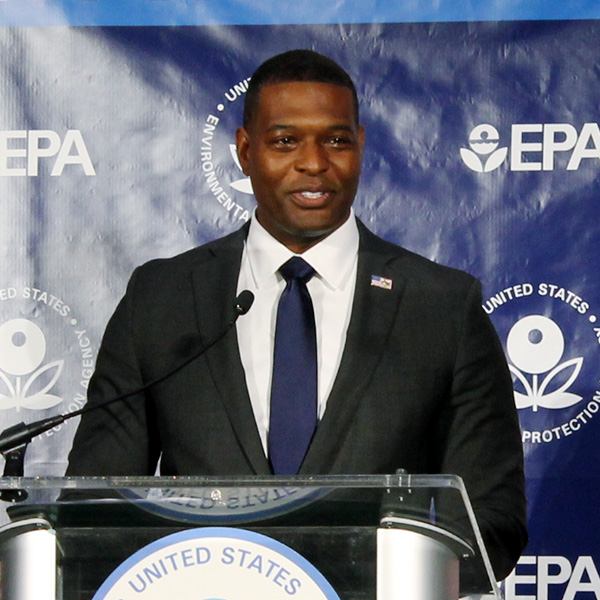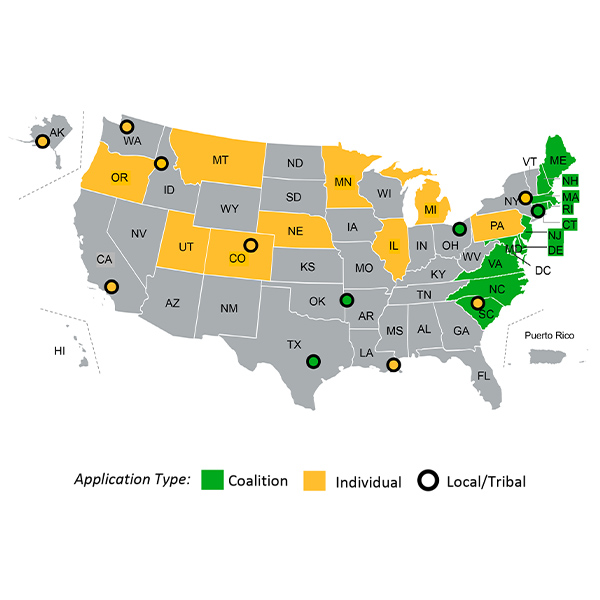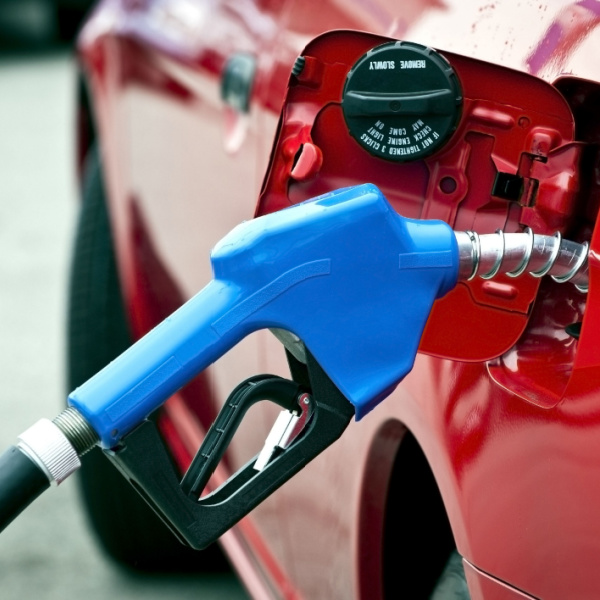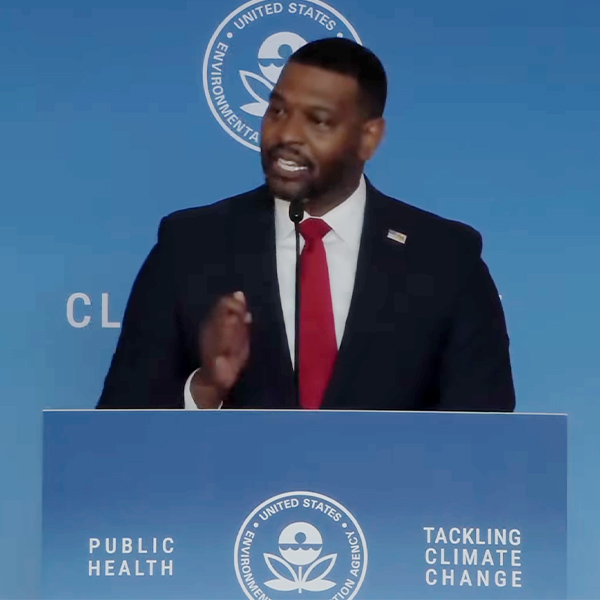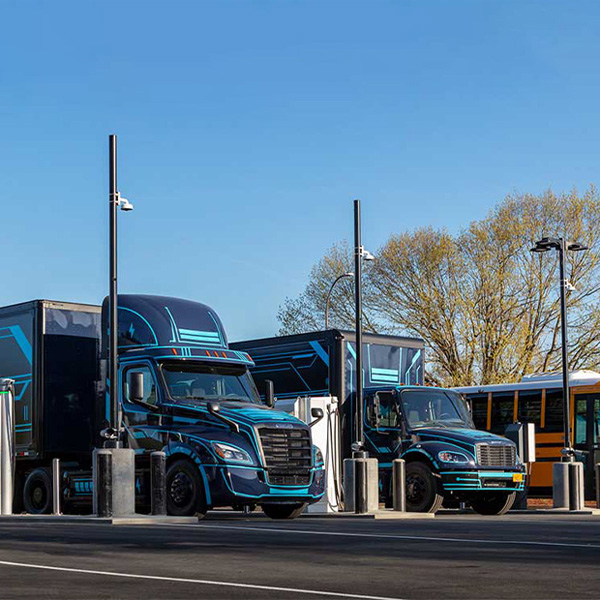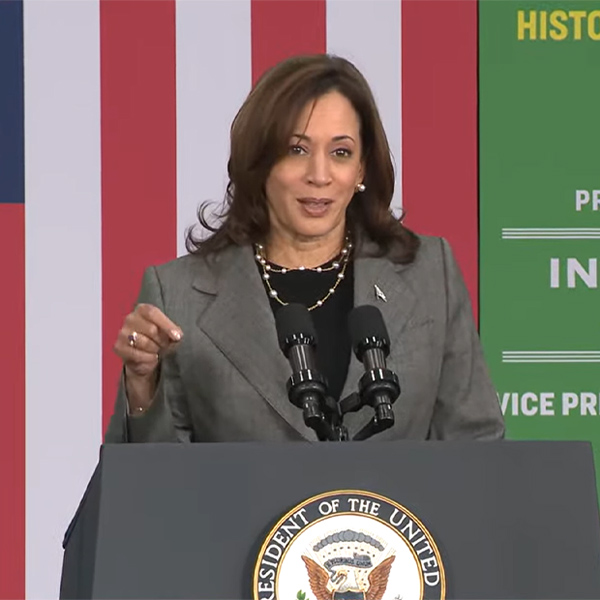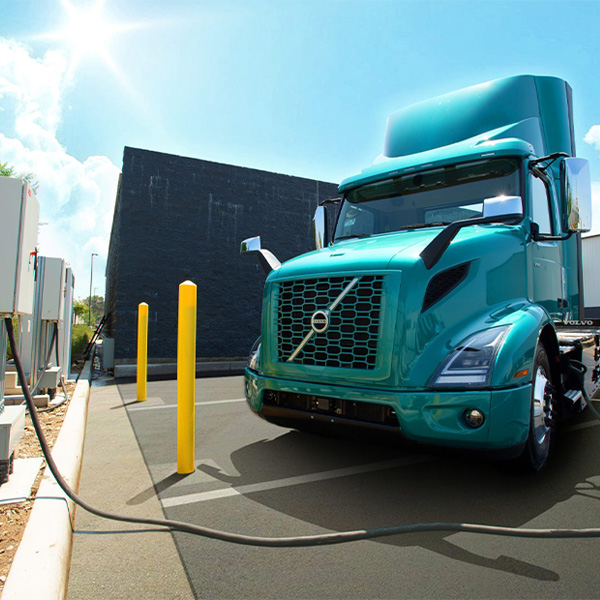Michael Regan
Just weeks before President-elect Donald Trump returns to the White House, the Biden administration has given California permission to enforce rules that require all new cars sold in the state to be zero-emission by 2035.
Pennsylvania will use its $396.1 million Climate Pollution Reduction Grant on a statewide initiative to cut greenhouse gas emissions from industrial buildings through incentives for energy efficiency and emission-reduction technologies.
The new standard sets regular 2% increases in fuel efficiency for passenger cars ― sedans and SUVs ― per year between the 2027 and 2031 model years, rising from 60 mpg to 65.1 mpg.
The Clean School Bus program’s focus on the risks diesel emissions pose to children’s health and the benefits of electric school buses has made it less controversial than other Biden administration transportation electrification initiatives.
EPA issued a final rule meant to strengthen, expand and update methane emissions reporting requirements for oil and natural gas systems, as required by the Inflation Reduction Act.
Coal-fired power plants nationwide will either have to close by 2039 or use carbon capture and storage or other technologies to capture 90% of their emissions by 2032 under EPA’s long-awaited final rule.
EPA announced nearly $1 billion in grants from the Inflation Reduction Act to help cities, states, territories and school districts trade in their diesel-burning heavy-duty trucks and buses for new zero-emission vehicles.
EPA announced the eight organizations it has selected to receive grants from its Greenhouse Gas Reduction Fund.
An estimated 72 million Americans, often people of color or with low incomes, live near truck routes that expose them to pollution resulting in higher rates of respiratory and cardiovascular illnesses and premature death.
EPA's final rule on light-duty vehicle emissions aims to give the industry more time and flexibility on how to reach its ambitious targets.
Want more? Advanced Search
